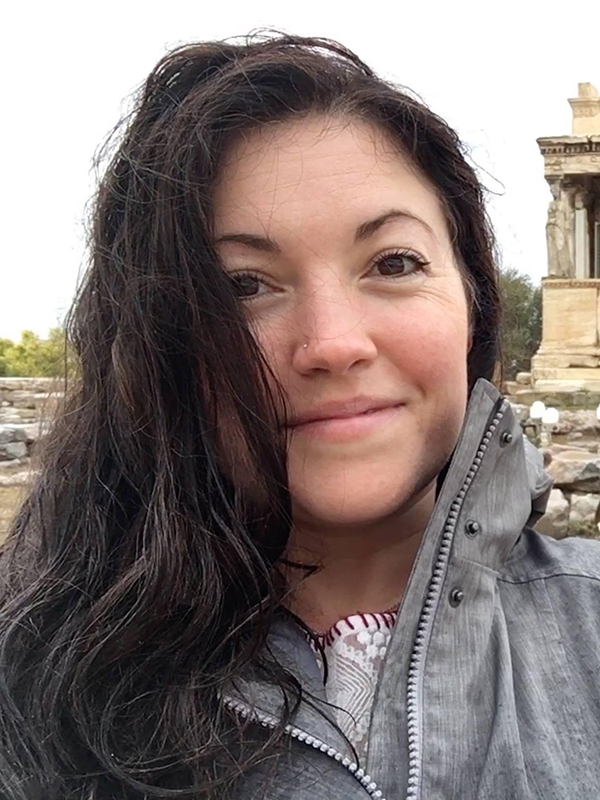Lucy Cramp
Associate Professor, Bristol, UK
Lucy Cramp is an Associate Professor in the Department of Anthropology and Archaeology at the University of Bristol, UK. A specialist in lipid residue analysis of archaeological pottery, she leads the Archaeological Chemistry laboratory in the Department of Anthropology and Archaeology, School of Arts, as well as being a member of the Organic Geochemistry Unit, based in the School of Chemistry. She has a particular interest in diet and foodways from Roman Britain and recently led the NERC-funded project ‘Palaeolipidomics’, worked on by Simon Hammann, which developed an approach to detect cereal biomarkers preserved in archaeological pottery. This approach was validated on pottery from the site of Vindolanda, which now forms one of our three case study sites for Roman Melting Pots. In this project, she will be overseeing the selection, extraction and analysis of organic residues from archaeological pottery using gas chromatography GC-FID), gas chromatography-mass spectrometry (GC-MS) and GC-combustion-isotope ratio MS.
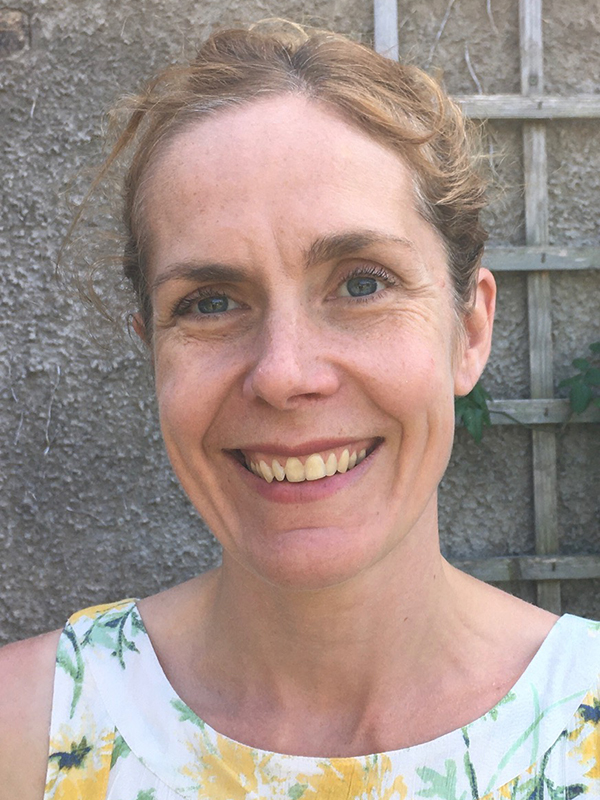
Anastasia Gabiger
PhD student, Erlangen, Germany
Anastasia is a PhD student at Friedrich Alexander University Erlangen-Nuremberg in Erlangen, Germany. Her background is in food chemistry with a focus on analytical chemistry. Her role in the project involves the analysis and interpretation of modern and archaeological lipids. She uses different chromatographic methods in combination with high-resolution mass spectroscopy to obtain a comprehensive characterization of modern lipids and identify potential biomarkers that can be applied to archaeological samples. She is also involved in developing data integration strategies and establishing new analytical methods for lipid analysis.
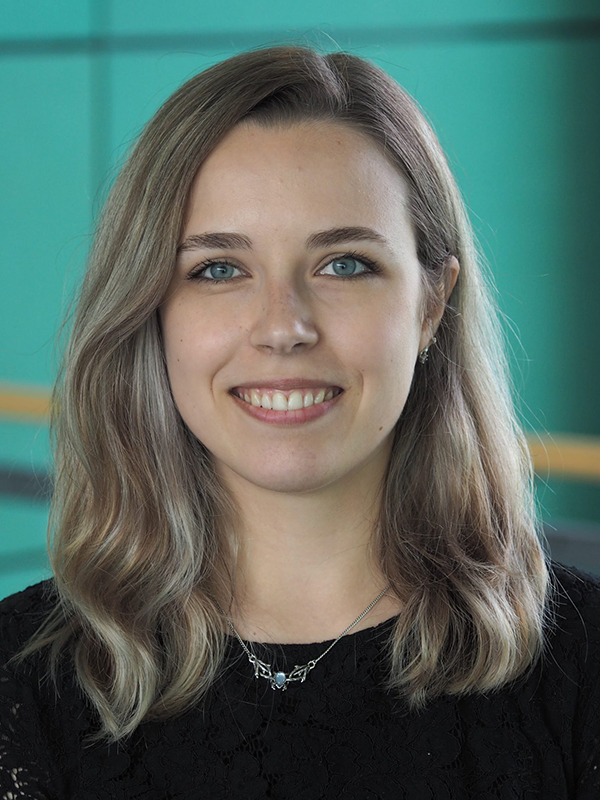
Simon Hammann
Principal Investigator, Erlangen, Germany
Simon is a food chemist by training. During his PhD at the University of Hohenheim (Germany) he focused on the analysis of minor lipids, particularly sterols, in food. He got involved in archaeological chemistry first in 2016 when he joined the University of Bristol (UK) as a Postdoc on Lucy Cramp’s Palaeolipidomics project, developing methods to detect cereal-specific lipids in organic residues preserved in pottery. In 2019 he was appointed a Junior professor for Food Safety and Quality at the Friedrich-Alexander-University Erlangen-Nürnberg (Erlangen, Germany). His research group focuses on comprehensive analysis of native and oxidized lipids in food and archaeological samples. In the Roman Melting Pots project, he is involved the generation and interpretation of the analytical data, particularly from (high resolution) mass spectrometry.
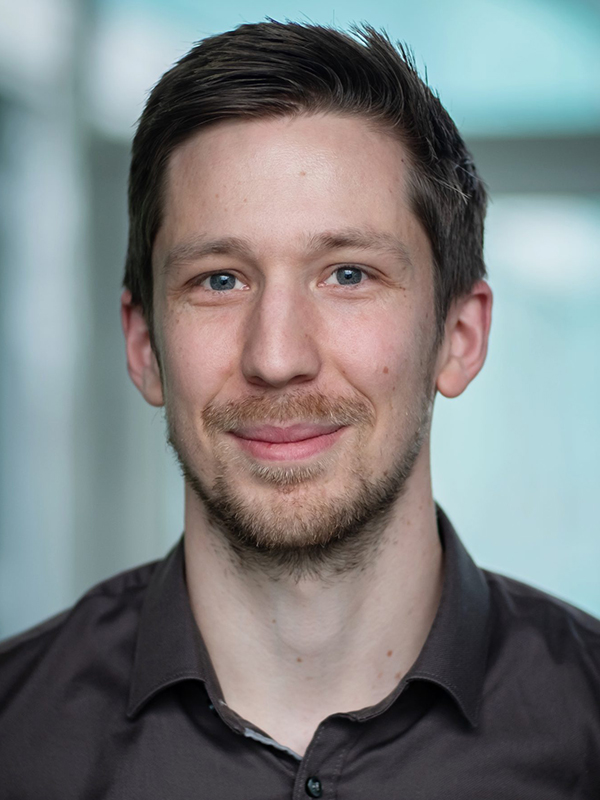
Rob Mason
Technician, Bristol, UK
Rob is the newest addition to the team, joining as a research technician at the University of Bristol. Coming from a Forensic Science undergraduate and an Applied Science Research Masters in anti-cancer drug synthesis from the University of the West of England, it is quite a change for him to be part of this project in the Department of Anthropology and Archaeology, but a welcome one! On the project, Rob is mainly tasked with generating the data from the recovered samples, namely performing the extraction of lipid residues from the pottery sherds and processing these extractions through GC-MS to quantitatively examine the lipid content present.

Martin Pitts
Principal Investigator, Exeter, UK
Martin is Professor of Roman Archaeology at the University of Exeter, specializing in the study of pottery and material culture from across the Roman north-west provinces, with a focus on the application of multivariate statistics to extract cultural patterning from artefactual Big Data, and the development and exploration of agenda shaping theoretical perspectives (e.g. identity, globalization, objectscapes). On the Roman Melting Pots project he will oversee the selection of relevant pottery sherds and assemblages from Roman Britain, and will work with the other team members on interpreting the results of organic residue analysis from the perspective of his research on the circulation and cultural genealogy of the pottery vessels.
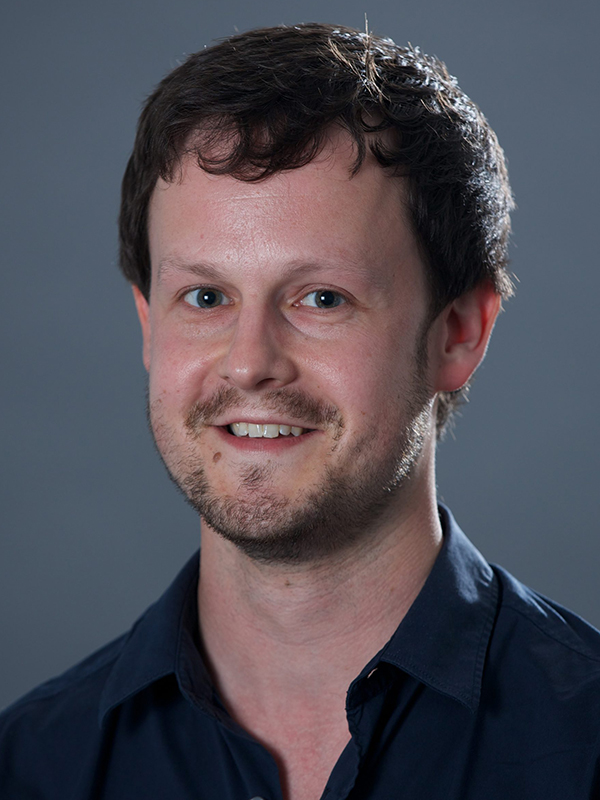
Rachel Vykukal
PDRA, Erlangen, Germany
Rachel is a Postdoctoral Research Associate at Friedrich Alexander University Erlangen-Nuremberg in Germany. Her background is in anthropology with a specialization in archaeology and organic residue analysis on ancient ceramics. Her research broadly focuses on the dynamic relationship between people and food in ancient societies through interdisciplinary inquiry. Specific interests include diet and foodways, prehistoric Greek and Romano-British archaeology, pottery studies, ritual practice, feasting, lipid and stable carbon isotope analysis, and the spread of dairying. As part of the Roman Melting Pots project, she is working on selecting pottery from the sites, analysing and interpreting archaeological lipid residues, conducting experiments for novel biomarker identification, and developing data strategies for large-scale liquid and gas chromatography projects.
